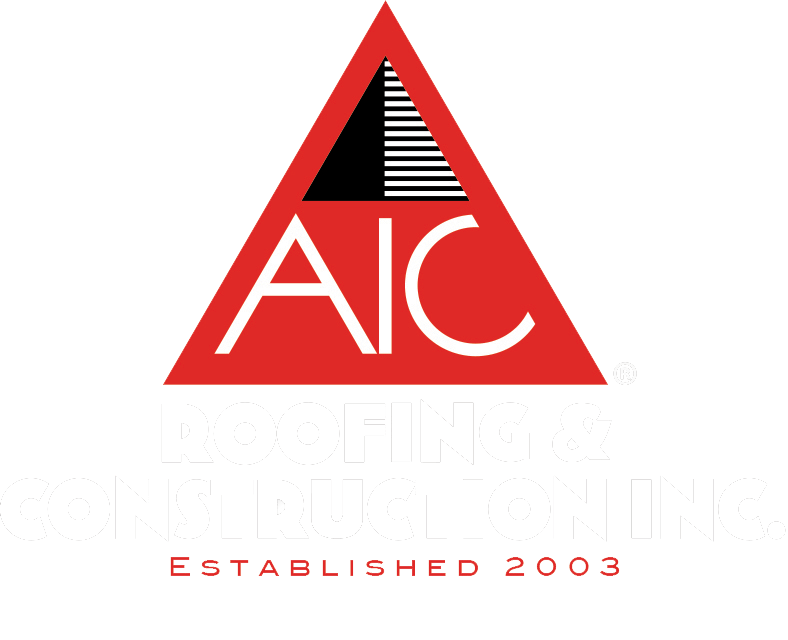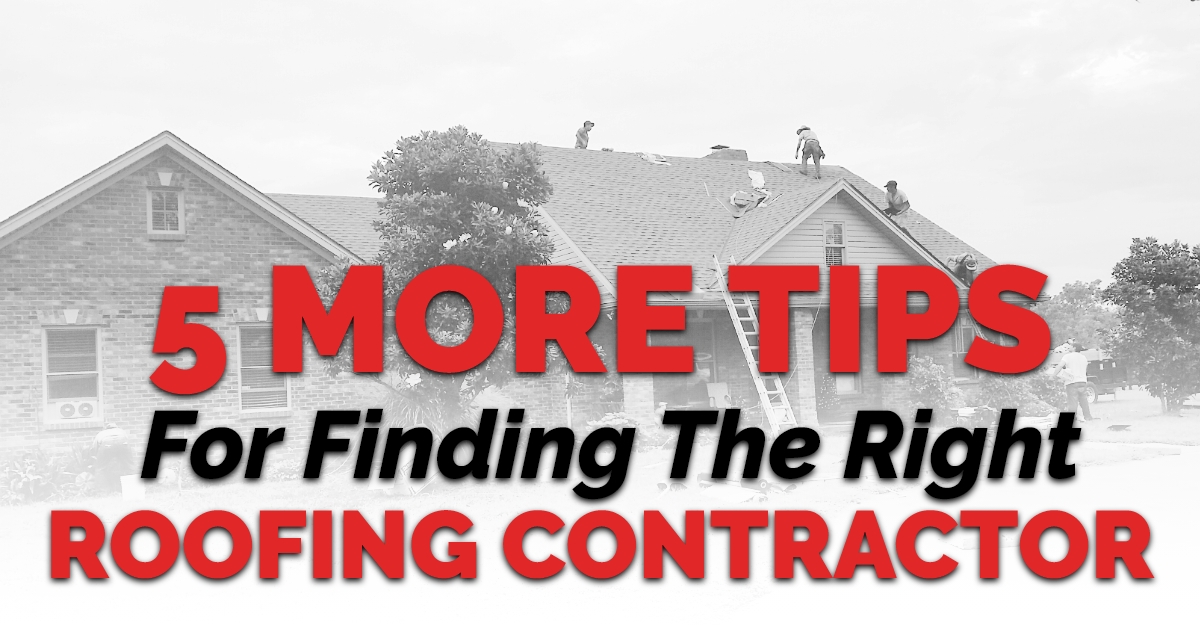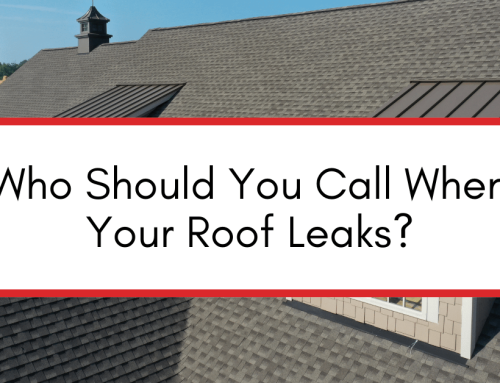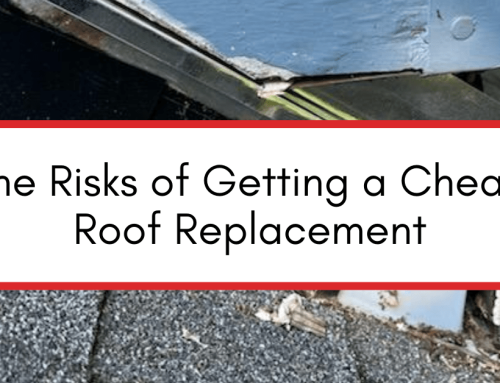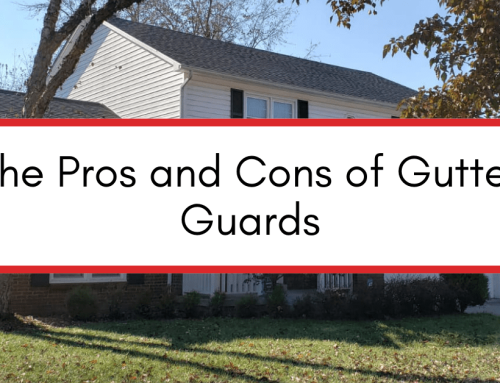Replacing your roof is a rare event that requires a significant investment and is critical to the longevity of your home and the protection of its contents. Over the years, the roofing industry has earned a bad reputation due to con artists, shoddy workmanship, and poor customer service. Almost everyone has a friend or relative who has had a bad experience with a roofing contractor. This, along with the time-sensitive nature of the work to do, can make homeowners feel anxious and insecure about choosing a roofing contractor.
This article will walk you through what to look for when searching for a roofing contractor and potential red flags that indicate when you should avoid a roofing contractor. These tips will help you find a contractor right for you, even under a time crunch.
1. Avoid out-of-town storm chasers.
Many companies (typically from out of state) follow severe weather. After a storm has passed through, they flood the area with highly trained door-to-door salespeople specializing in scare tactics and free roof evaluations to pressure homeowners to sign a contract. Their only goal is selling as many roofs as possible – whether you need one or not. They will undercut the prices of local companies and even offer to pay the deductible (an illegal practice in most states), and once they meet their quota – they’re on to the next town. These companies have notoriously bad customer service and are, in large part, one of the major causes of distrust in the roofing industry. To weed out storm chasers, do the following homework on your roofing company:
- Check their website. This seems simple enough, but often storm chasers don’t bother creating a “local” website and simply rely on their door-to-door sales force to sell you a roof replacement. Verifying a business’s website can give you more information on their location (storm chasers are typically from out of town). It should also provide access to customer reviews.
- Read their reviews. Never underestimate the usefulness of Google reviews! Be sure to take note of the number of reviews the business has, how old both the newest and oldest reviews are, and their overall rating. We also highly recommend reading the one-star reviews. One-star reviews (and how the business responds to them) often say more about a company than their five-star reviews. Generally, you can get an idea of what the common complaints are from customers just by reading the lowest reviews.
- Peruse their social media channels. Roofing contractors often post customer testimonials, before and after projects, and information regarding severe weather. While this content will be favorable to that business, looking at a roofer’s social media can help you discern if they are really a local business (and not a storm chaser) and how they engage with their customers online.
Another great way to determine if a contractor is local is to simply walk out to their truck and look at the license plate. If the vehicle is from another state, they are likely in town to work a storm. When they meet their goals, they will be on to someplace else, leaving you to deal with the problems!
2. First impressions are everything.
Now that you’ve researched a few contractors, collect at least two different bids and opinions on your roof so you can compare price, evaluations, and customer service. We highly recommend treating the initial roof evaluation like a job interview. Did the contractor show up on time? Are they organized? Friendly? Rushing to get in and out?
During this first meeting, the company will put its very best foot forward to win your business. Once you have signed a contract, their customer service may stay the same; it could also get progressively worse. It will definitely not get better!
Additionally, a knowledgeable contractor should also walk you through applicable additional charges which may apply to your home.
3. Make sure they are properly insured.
Reputable roofing contractors carry General Liability, Worker’s Compensation, and Vehicle insurance. General Liability insurance will protect you from out-of-pocket expenses if your property is damaged by a contractor. This may seem like a no-brainer, but you could be on the hook for the bill if an uninsured contractor damages your home. Worker’s Compensation will protect you if someone gets injured on your property. Vehicle insurance will protect you if there is an incident involving a contractor’s vehicle on your property. This may seem like a small, trivial matter. Still, because of the unique dangers of roofing, it’s essential to ensure your contractor is covered with a quality insurance policy with high limits.
4. All warranties are not created equal.
Two types of warranties apply to a standard roof replacement. These will vary depending on the materials and on the contractor you choose.
The first type of warranty is a workmanship warranty. This warranty covers issues related to the installation of your roof. Most contractors offer a five-year workmanship warranty, while some don’t provide anything. Another critical factor is how long the contractor has been in business. If a company goes out of business, this warranty will be useless.
The second type of warranty is the manufacturer’s warranty. These vary depending on the quality or grade of shingle you choose. The average shingle warranty covers material defects with the shingles, often at a pro-rated rate for the lifespan.
5. Get a written service agreement before they begin.
Make sure you have in writing the project’s price, materials included, and a detailed scope of work. A reputable contractor will go over this before asking you to sign the agreement or make a down payment. Having the terms and details of the job in writing makes resolving any issues much more straightforward and reduces the likelihood that any misunderstandings happen.
Replacing your roof can be stressful due to the cost and importance of the project. We hope these tips will help you weed out any bad contractors and give you confidence when evaluating roofing contractors.
AIC Roofing has been a trusted business in the community for years. Contact us today to get started on your free roof replacement estimate.
3-tab attics barns chimney choosing a contractor commercial cost curb appeal DIY estimate financing flashing flat roof GAF glossary gutter replacement gutters gutter size gutter system ice dams inspections insurance missing shingles roof design roofing materials roofing system roof leak roof maintenance roof materials roof repair roof replacement roof shapes roof types shingle ratings shingles siding siding materials siding replacement skylights storm damage underlayment ventilation warranty winter
